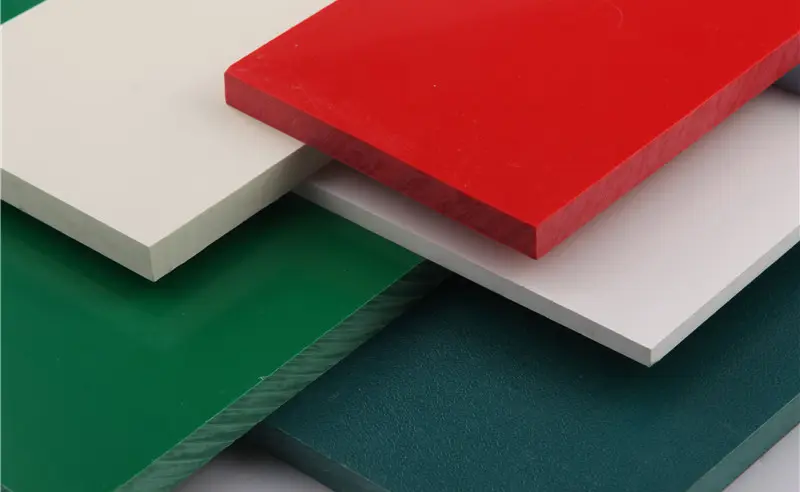ធ្នូ . 14, 2024 04:40 Back to list
4 inch pvc irrigation pipe
Understanding 4-Inch PVC Irrigation Pipes A Comprehensive Guide
Irrigation is a critical aspect of agriculture and landscaping, enabling consistent water supply to crops and gardens. Among the various materials available for irrigation systems, PVC (Polyvinyl Chloride) pipes have become increasingly popular due to their durability, strength, and resistance to corrosion. In this article, we will explore the benefits, applications, and installation of 4-inch PVC irrigation pipes.
Benefits of 4-Inch PVC Irrigation Pipes
1. Durability and Longevity 4-inch PVC pipes are known for their robustness. They are resistant to climatic conditions, corrosion, and various chemicals, making them suitable for long-term outdoor use. This durability means lower maintenance and replacement costs over time.
2. Cost-Effectiveness Compared to other materials such as metal or concrete, PVC pipes are relatively inexpensive. The initial investment is lower, and their long lifespan means fewer replacements are needed, translating to savings in the long run.
3. Lightweight and Easy to Handle PVC pipes are lighter than traditional materials, making transportation and installation easier. This can significantly reduce labor costs and time during installation.
4. Smooth Interior Surface The internal surface of PVC pipes is smooth, which reduces friction and allows for efficient water flow. This characteristic helps maintain pressure and minimizes the risk of clogs in the irrigation system.
5. Versatility 4-inch PVC pipes can be used in various irrigation applications, including residential gardens, agricultural fields, and commercial landscaping projects. Their versatility allows them to be adapted to different water supply needs.
Applications of 4-Inch PVC Irrigation Pipes
4-inch PVC irrigation pipes are widely used in both residential and agricultural settings. In residential gardens, they can distribute water effectively to flower beds, vegetable patches, and lawns. Their diameter is suitable for moderate to large garden areas, ensuring adequate coverage without overwatering.
4 inch pvc irrigation pipe

In agriculture, 4-inch PVC pipes are often employed in large-scale irrigation systems. They can function as main supply lines, connecting water sources to smaller distribution lines that deliver water directly to crops. The significant flow capacity of 4-inch pipes makes them ideal for farms that require high water volumes.
Installation of 4-Inch PVC Irrigation Pipes
Installing 4-inch PVC pipes involves several steps to ensure efficiency and longevity. Here’s a brief overview of the installation process
1. Planning the Layout Before installation, it is essential to map out the irrigation layout. Determine where the main lines will run and how they will connect to distribution lines.
2. Excavation Dig trenches where the pipes will be laid. The depth of the trench should comply with local regulations, typically about 18 to 24 inches deep to prevent freezing and physical damage.
3. Cutting and Joining Pipes Cut the PVC pipes to the desired lengths using a pipe cutter. Use PVC solvent cement to join the pipes, ensuring a secure and watertight connection. Allow the joints to cure as per manufacturer instructions before testing the system.
4. Testing the System After installation, run water through the system to check for leaks and ensure proper functionality. Adjustments can be made if needed to optimize water distribution.
5. Backfilling and Finalization Once testing is complete, backfill the trench with soil, compacting it to provide stability.
In conclusion, 4-inch PVC irrigation pipes are an excellent choice for anyone looking to establish an efficient and cost-effective irrigation system. Their durability, ease of installation, and versatility make them a favored option for both residential and agricultural applications. By understanding their benefits and proper installation techniques, you can create an irrigation system that meets your water supply needs effectively.
-
HDPE Natural Sheet: Durable, Food-Grade & Versatile Plastic Solutions
NewsAug.27,2025
-
Durable Glossy PVC Rigid Sheet | Premium High-Shine Panels
NewsAug.26,2025
-
Durable PP Rigid Sheet: Lightweight, Chemical Resistant Solutions
NewsAug.21,2025
-
PVC Grey Sheet for Extraction: Chemical Resistant & Durable
NewsAug.19,2025
-
Durable PVC Pipe Fittings for Plumbing & Irrigation Needs
NewsAug.18,2025
-
HDPE Steel Belt Reinforced Spiral Corrugated Pipe | High Strength
NewsAug.17,2025

